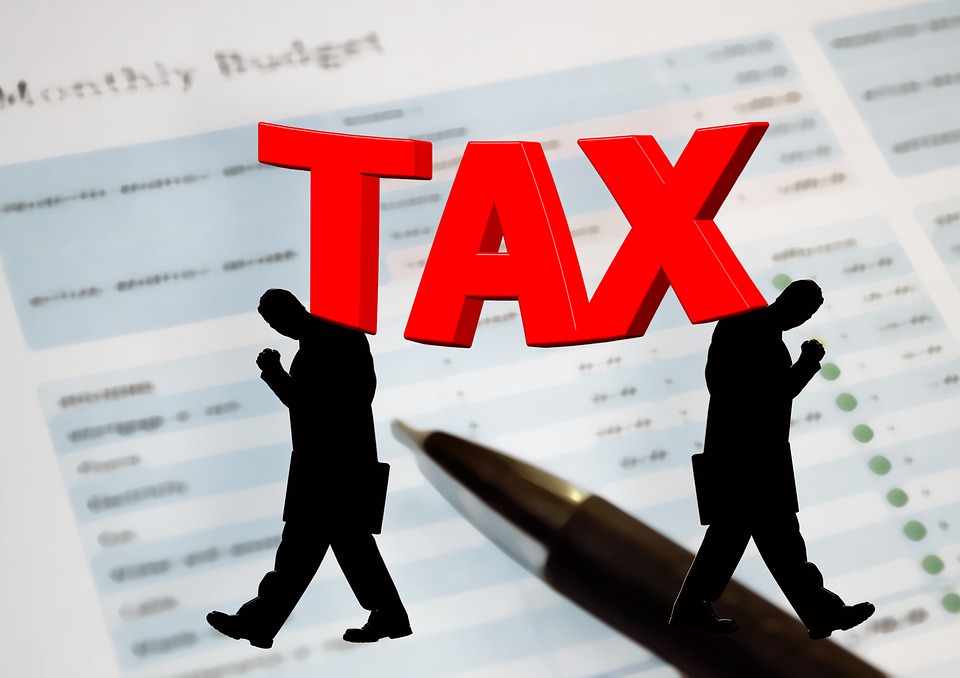Tax Structure in the GCC: Changes and Impact
by Jeanine Daou, PwC Middle East Partner – Middle East Indirect Tax Leader
With the dramatic drop in oil prices having an impact on governments and the private sector, new reforms including tax reforms are being considered by GCC governments to lead to a more efficient, quality driven economic and business environment.

Looking at the current revenue structure in the Gulf Cooperation Council (GCC)States, it is clear that it is mainly dominated by revenues derived from the energy sector and income-seeking investors, and its tax base consists mainly of import duties in addition to various fees and charges.However, it is expected that such a revenue structure would be affected by the recent declinein commodity prices and oil prices in particular, along with the growing trend towards regional or bilateral Free Trade Agreement (“FTAs”) that would potentially lead to a reduction in customs duties collection. In this context, the implementation of a Value Added Tax (VAT) in the GCC constitutes an important measure to help governments achieve medium to long-term social and economic policy goals, by notably reducing reliance on hydrocarbon revenues and improving fiscal sustainability.The expected inflows from the new revenue streams will enhance governments’ budget, granting it additional leverage to invest in growth enhancing sectors, hence stimulating the economy. The IMF has recently estimated that adopting a corporate tax at a rate of 10% applicable on a broad base would raise Government revenue by 4.1% of non-hydrocarbon GDP, whereas the implementation of a VAT system at a 5% rate would increase Government revenue by 2.7% of non-hydrocarbon GDP.
Introducing new taxes may also have an important socio-economic impact notably on investments, which needs to be assessed. This will also largely depend on the design of the new system and the administrative infrastructure that will be put in place. It is essential that tax reforms are accompanied by tax administration systems set up incorporating best practice methodologies and systems and procedures that would allow for an efficient and effective tax revenue management. An ideal tax system should help governments raise revenue, and should do so in alignment with tax systems in other countries and without discouraging economic activity.
From a business perspective, VAT is traditionally considered to be neutral, as taxpayers collect VAT on their operations on behalf of the government and recover VAT incurred on their inputs. However, the impact on businesses and, more generally on the economy, will highly depend on the features of the envisaged tax system, notably the tax base, the number of exemptions and the compliance requirements. A simple, efficient and neutral tax system would help minimize the impact on businesses, particularly in terms of compliance costs.
The Paying Taxes 2015 Report prepared by the World Bank and PwC indicates that stable tax systems and strong tax administration are important for businesses, helping them to operate in an environment where the tax treatment of transactions is predictable and where governments operate transparently. The clarity and simplicity of the legislation and taxpayers obligations are key to enhance voluntary compliance. It also results in lower administrative cost on tax authorities as well as lower compliance burden on taxpayers allowing them to operate in a competitive environment.
Although VAT should not create an additional tax cost, businesses should still prepare to comply in terms of charging, collecting and paying VAT to tax authorities. As VAT will impact the whole business, there are a number of factors that should be considered for a successful VAT implementation.
In a region that has historically seen less investment in tax functions, the introduction of VAT will likely prove to be a catalyst for not just additional resourcing, but also having in place an appropriate tax framework to manage tax risks incorporating governance, tax strategy, tax risk and improved systems.
While the introduction of VAT may not impact firms’ profits, it can mean significant new tax compliance obligations, which will require companies to increase their capabilities and enhance their IT infrastructure as well as educating and empowering stakeholders at all levels.
In summary, globally, managing taxes has never been moreprominentin corporate, government and public interest circles, than it is now in the GCC and the Middle East. Applyingappropriate frameworks, systems and resources by the government as well as companies the ease of paying taxes can be helped considerably.




























